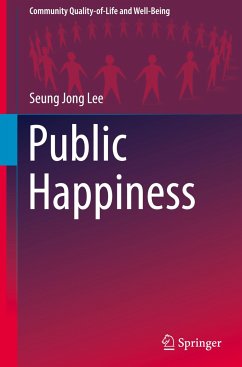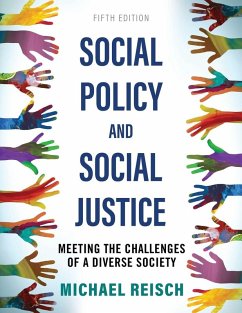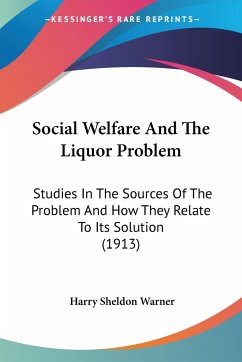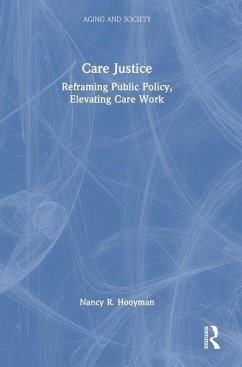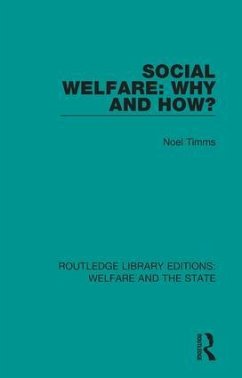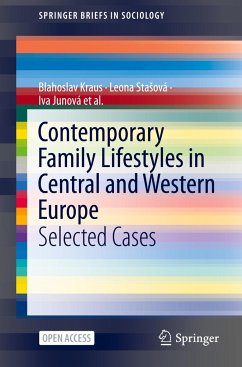
Public Employment Policies and Tripartism:
Challenges for the Coordination of Social Welfare in Brazil
Versandkostenfrei!
Versandfertig in 6-10 Tagen
43,99 €
inkl. MwSt.

PAYBACK Punkte
22 °P sammeln!
This study deals with the relationship between tripartite coordination (TC), employment policies and social welfare in the institutional configuration of Brazilian capitalism. It starts by analyzing the political-institutional mechanisms for representing capital-labor interests and the construction of political consensus as variables in the pursuit of social and economic welfare objectives. The study problematizes TC in the interaction between organized actors and the state and provides analysis on the role of TC in the construction of well-being. It works on the assumption that TC contributes...
This study deals with the relationship between tripartite coordination (TC), employment policies and social welfare in the institutional configuration of Brazilian capitalism. It starts by analyzing the political-institutional mechanisms for representing capital-labor interests and the construction of political consensus as variables in the pursuit of social and economic welfare objectives. The study problematizes TC in the interaction between organized actors and the state and provides analysis on the role of TC in the construction of well-being. It works on the assumption that TC contributes to the greater effectiveness of public employment policies in Brazil. Data collection was divided into two stages: the application of a questionnaire with a Likert-type agreement scale at the 1st National Conference on Employment and Decent Work (1st CNETD), 2012, and a second stage of in-depth interviews with key players in the tripartism. The results indicate some level of institutional complementarity between the tripartism of public employment policies and social welfare in Brazil, although this complementarity is imbricated in a controversial context of strategic relations.




